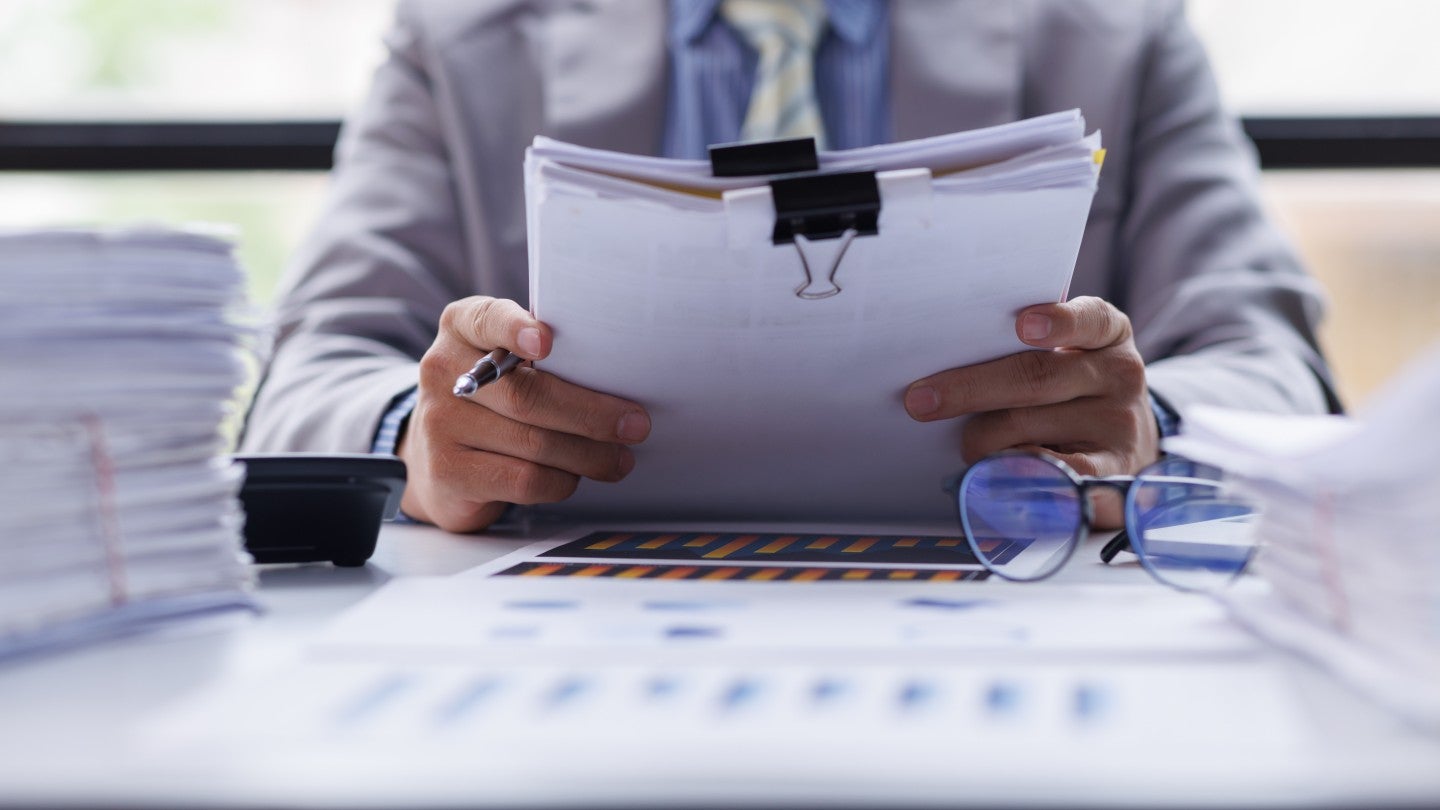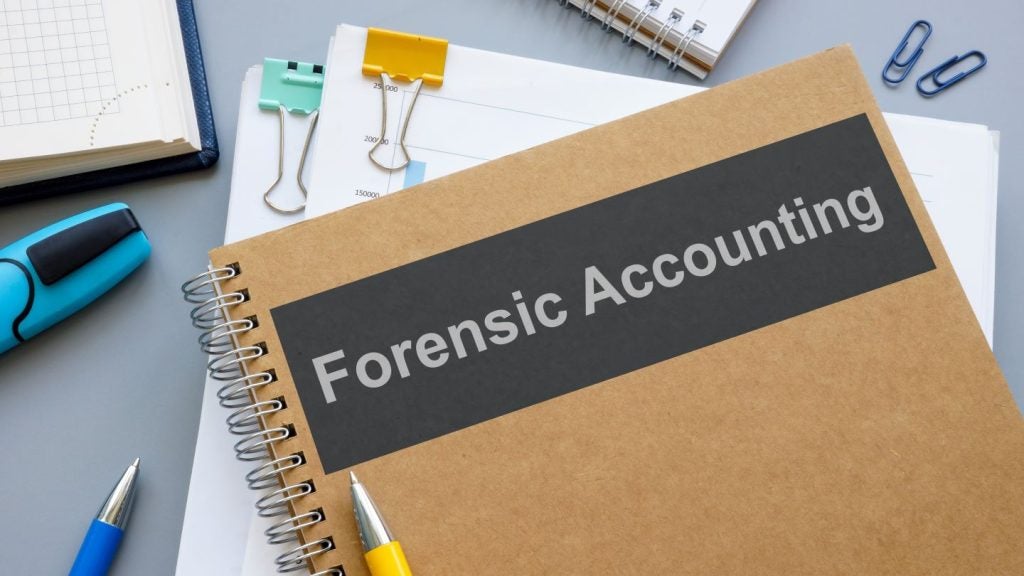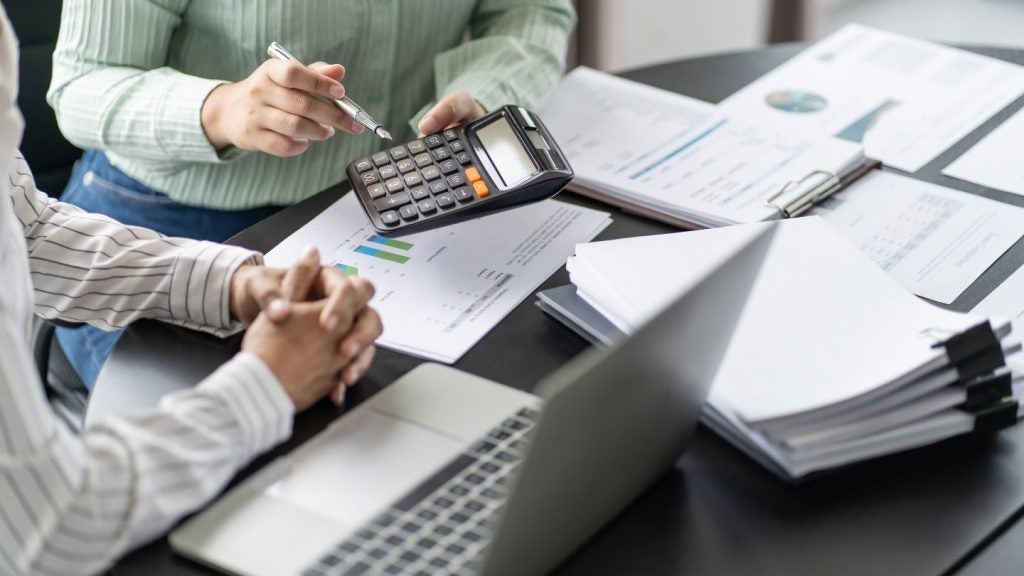
The American Institute of CPAs (AICPA) has made several recommendations addressing the proposed regulations concerning automatic enrolment in retirement plans under the SECURE 2.0 Act.
It submitted a letter to the Department of the Treasury and Internal Revenue Service (IRS).

Access deeper industry intelligence
Experience unmatched clarity with a single platform that combines unique data, AI, and human expertise.
The Act, which became law on 29 December 2022, mandates that new 401(k) and 403(b) plans automatically enrol eligible employees, starting with the 2025 plan year, to boost retirement savings.
Employer retirement plans are required to enrol employees at a minimum initial contribution rate of 3% of their pay unless they choose to opt out.
This rate will increase by 1% annually until it reaches at least 10%.
The requirement targets plans established after the SECURE 2.0 Act’s enactment, with certain exclusions for new and small businesses, church plans, and governmental plans.

US Tariffs are shifting - will you react or anticipate?
Don’t let policy changes catch you off guard. Stay proactive with real-time data and expert analysis.
By GlobalDataIn its response, the AICPA’s recommendations include that for trustee-directed plans, final regulations should clarify that investment requirements under Prop. Reg. § 1.414A-1(c)(4) do not apply to plans without participant-directed investments.
Regarding small businesses, the AICPA advises that only employees of the plan sponsor should be counted to determine small business status under section 414A.
Furthermore, the AICPA calls for a clear definition of ‘predecessor employer’ by referencing Treas. Reg. § 1.415(f)-1(c)(2) for the purposes of section 414A(c)(4)(A).
AICPA Director, Tax Policy & Advocacy, Kristin Esposito said: “The purpose for our letter is to provide input to Treasury and the IRS in order to further clarify the rules and provide recommendations to help with the implementation of the auto-enrolment provision of the law.”
Recently, the AICPA’s Auditing Standards Board (ASB) invited feedback on its proposed strategic plan for 2026-2030, which focuses on establishing auditing standards for private companies.






